
Is Whiskey Good For You? 7 Health Benefits Of Whisky
This is a difficult question. It's all relative. Is it good to drink whisky, get drunk and fall down the stairs? No, clearly in that case whiskey is bad for you. But, if drunk in moderation, are there other medicinal benefits from drinking whisky? Is whiskey good for you? Ah, that’s a real question; and there might be something to it. The name for whisky is Gaelic is Uisge Beatha or the Water of Life, after all.
Medicinal benefits in history
In the past, people did think there were medical benefits from whiskey. The famous historian and chronicler Raphaël Holinshed wrote in 1577 that whisky:
“Slows the age, cuts phlegm, helps digestion, cures the dropsy. It heals the strangulation. Keeps and preserves the head from whirling. Stops the tongue from lisping, the stomach from womblying, the guts from rumbling, the hands from shivering, the bones from aching. It is a sovereign liquor if it be orderly taken.”
I’m not exactly sure how whiskey ‘heals the strangulation'. And, the 1500s weren’t known for their medical advancements. In fact, this was a time when quite a lot of stock was but into the diagnostic value of examining urine. But don’t let that put you off, the supposed benefits of whisky persisted long out of the 1500s.
In the twentieth century, people thought whiskey had medical benefits. In fact, doctors could prescribe scotch during Prohibition. This meant you could import scotch into the US and buy it in a pharmacy, as long as you were using it as a tonic. Note, that was ‘using it AS a tonic, not drinking it WITH tonic.’
Volstead Act, which lead to Prohibition, said: “A person may, without a permit, buy and use liquor for medicinal purposes when prescribed by a doctor.”
Pharmacies caught onto this opportunity, as you might expect. Walgreens, for example, had about 20 stores before Prohibition and over 525 by the time it ended. But I suspect that might have been from another kind of demand for whisky, rather than people looking to ‘cure the dropsy, it heal the strangulation’.

Health benefits of whisky
That said, let's look at some of the possible benefits of whiskey. Here are 7 health benefits of drinking whisky. It’s worth pointing out that most of these studies do mean moderate drinking to be 1 – 6 drinks per week. If you have 6 whiskies in one sitting, I don’t think it counts as being moderate. Sorry.
-
Whisky benefits the heart and blood vessels. Dr. John Floras, Director of Cardiology Research at the Peter Munk Cardiac Centre and Mount Sinai Hospital is an expert on circulation. He said: "Our findings point to a slight beneficial effect of one drink on the heart and blood vessels. But two or more drinks would seem to turn on systems that stress the circulation."
-
Whiskey can help lower your risk of dementia. A study in 2003 found that moderate drinkers, who had between 1 and 6 drinks a week, had a lower risk of dementia compared to a control group of non-drinkers. This study also found that the group of moderate drinkers were less likely to develop dementia than drinkers who had more than 6 drinks a week.
-
Whisky helps with digestion. The high alcohol content can help to stimulate your digestive enzymes after a big meal. This make you less likely to have an upset stomach. Although, too much whisky has, and I’m speaking from personal experience, been known to lead to… let’s call it nausea.
-
Whisky lowers the risk of a stroke. According to Harvard University, there are more than 100 prospective studies showing an inverse association between light to moderate drinking and risk of heart attack, clot-caused stroke, peripheral vascular disease, sudden cardiac death, and death from all cardiovascular causes. The effect is fairly consistent, corresponding to a 25-40% reduction in risk. But, more than 4 drinks a day can increase the risk of hypertension, abnormal heart rhythms, stroke, heart attack, and death. None of which are good for you. The study says the idea moderate drinking protects against cardiovascular disease makes sense. Moderate amounts of alcohol raise levels of high-density lipoprotein (HDL, or “good” cholesterol). Higher HDL levels correlate with greater protection against heart disease. Moderate alcohol can also have other benefits. These include better sensitivity to insulin, and less blood clots which could block arteries. These are the ultimate cause of many heart attacks and the most common kind of stroke.
-
Whisky can cure the common cold. Whisky dilates your blood vessels, which means that they widen. When blood vessels widen, it reduces congestion because it helps your mucus membrane more. This helps to flush out an infection. I mean, that all sounds gross, but I’m going to caulk it up as an extra benefit.
-
Whisky eases stress and anxiety. This is one of the main reasons you drink whisky, besides the fact that it’s delicious. Drinking whisky increases your circulation. More oxygenated blood arriving to your organs aids relaxation. I’m sure I’ve seen that crocheted on a pillow.
-
Whisky is good for your waistline. A dram of whisky has zero carbs, almost no fat and only about 60 calories. They call it a beer gut for a reason. If you’re looking to go out and don’t want to be putting on the pounds, drinking whisky is a good way to go about it.
Now, everything I’ve said here is about drinking whisky in moderation. Whisky can be good for you, if you don’t drink it to excess. So please, enjoy whisky responsibly. And, do seek professional medical help if you feel you need further advice.
Further reading
If you enjoyed this blog, you may also enjoy these articles:
If you'd like more information on this topic, here are other useful articles:
- 8 Scientific Studies That Prove Whiskey Is Good for You
- Alcohol constricts or dilates blood vessels?
- It’s for Medicinal Purposes, Honest...
- Alcohol: Balancing Risks and Benefits
- Medicine in the Middle Ages
- 6 Surprising Ways Whiskey Is Actually Good for Your Health
- Prospective Study of Alcohol Consumption and Risk of Dementia in Older Adults
- Are There Any Health Benefits to Drinking Scotch Whisky (in Moderation)?
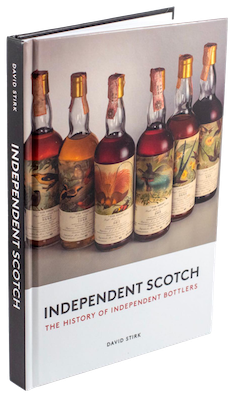





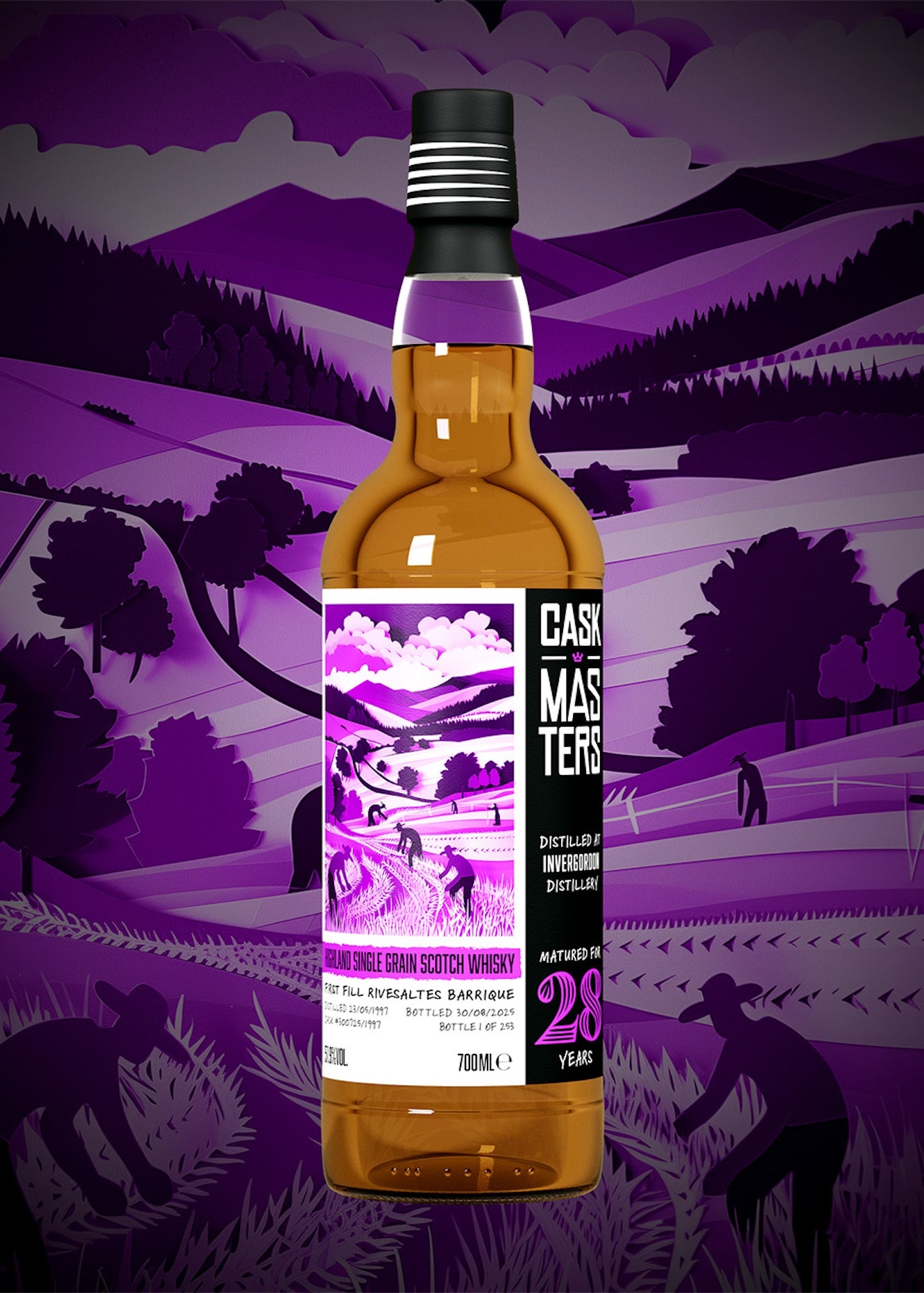

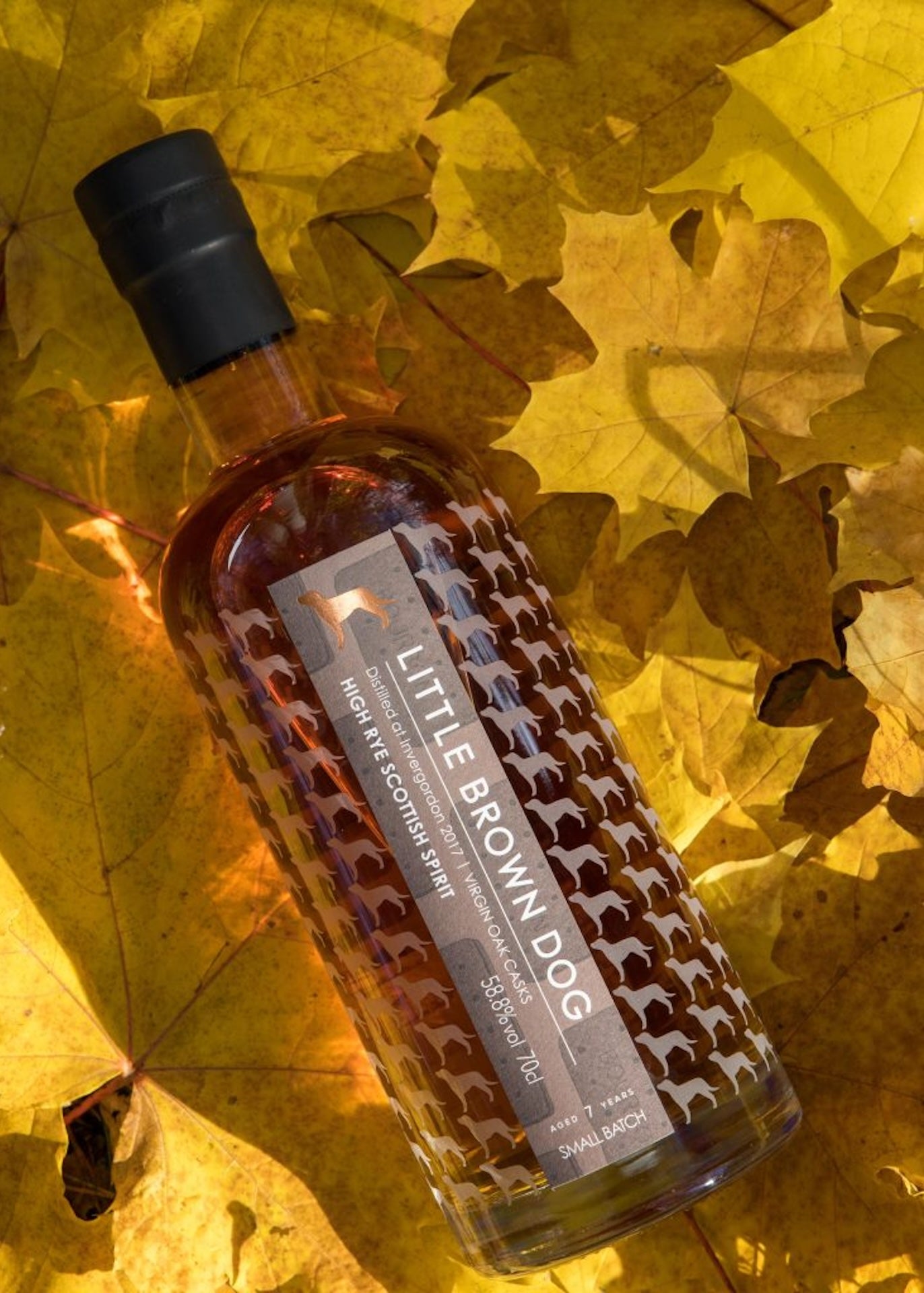
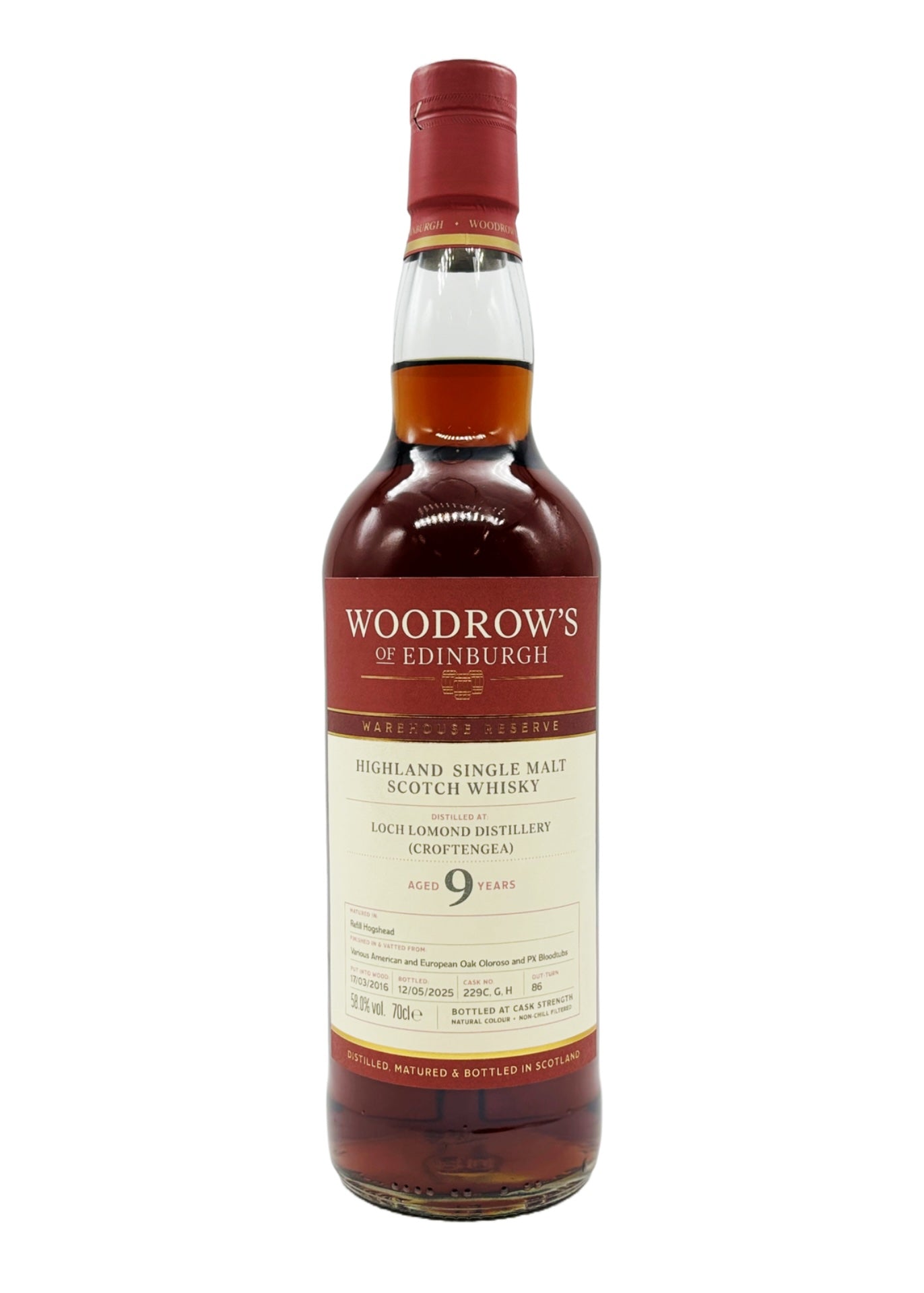

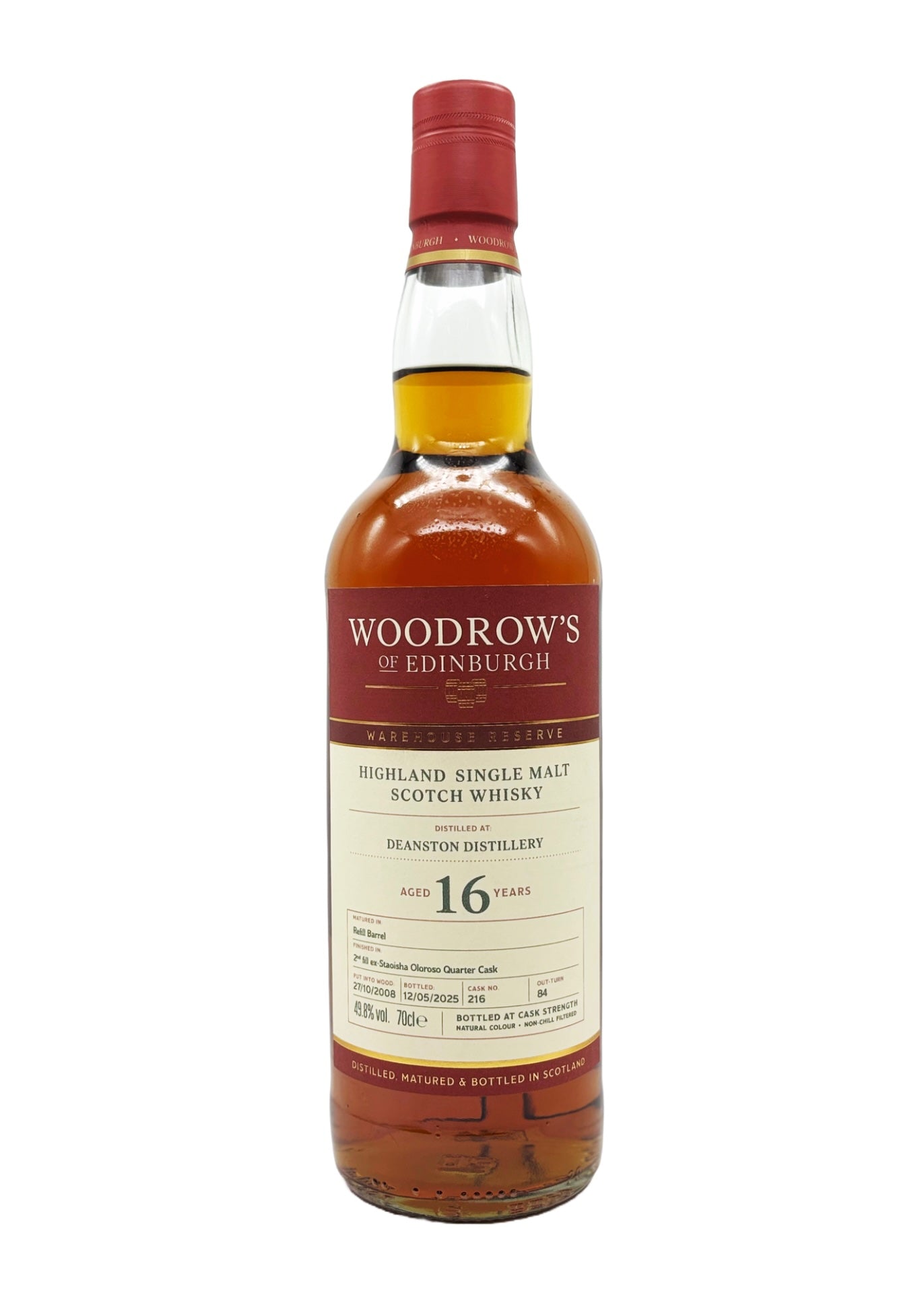

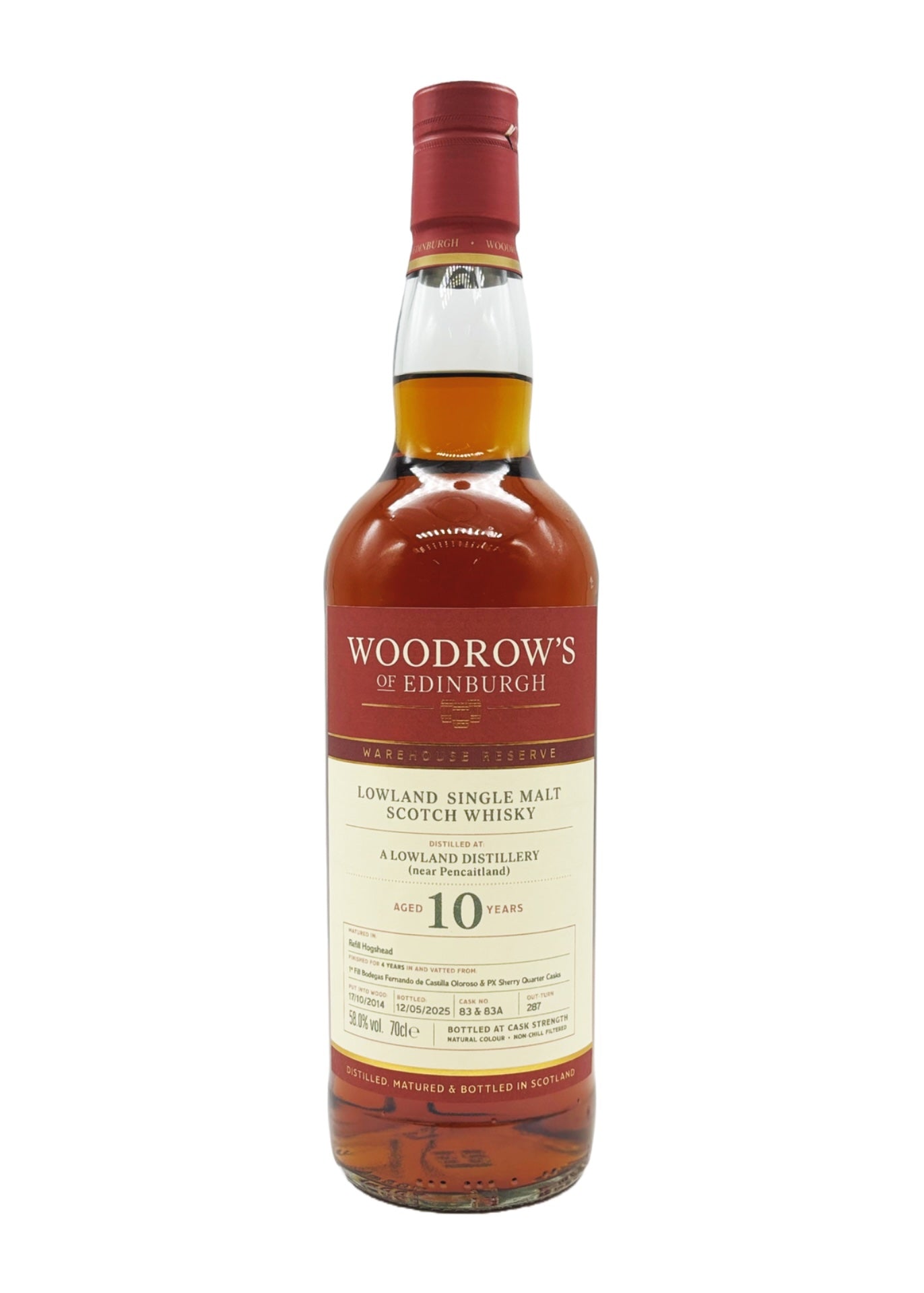





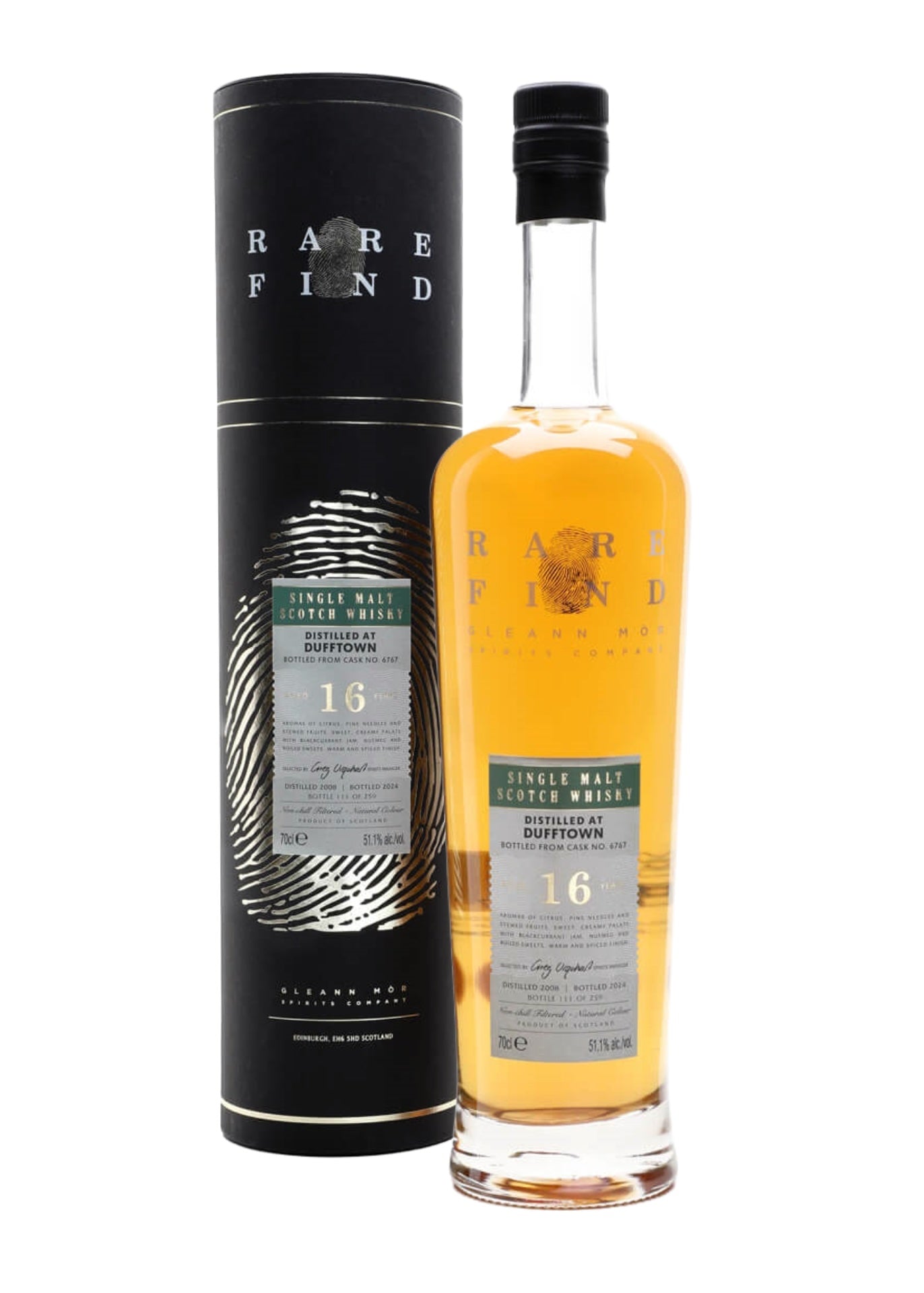

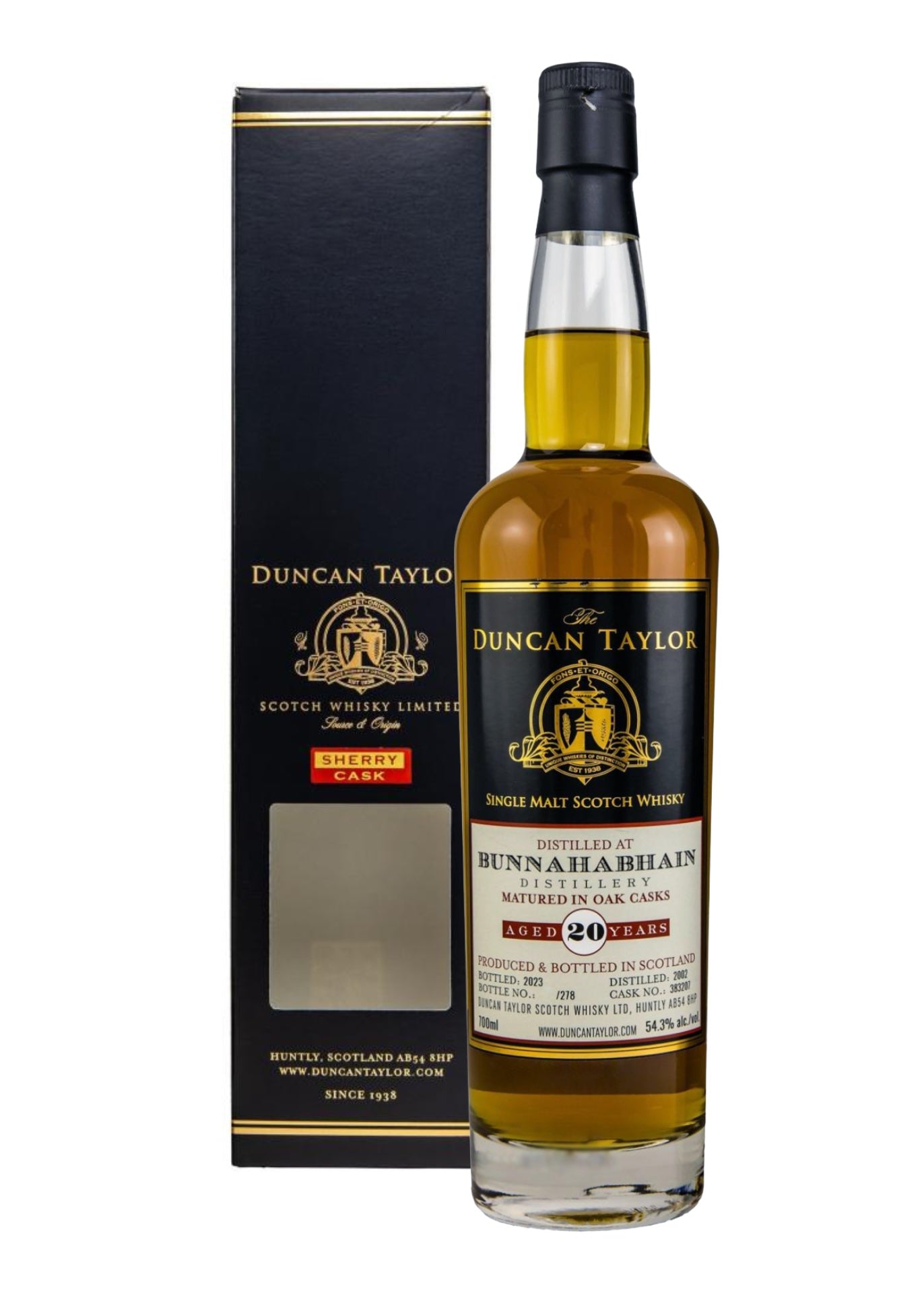

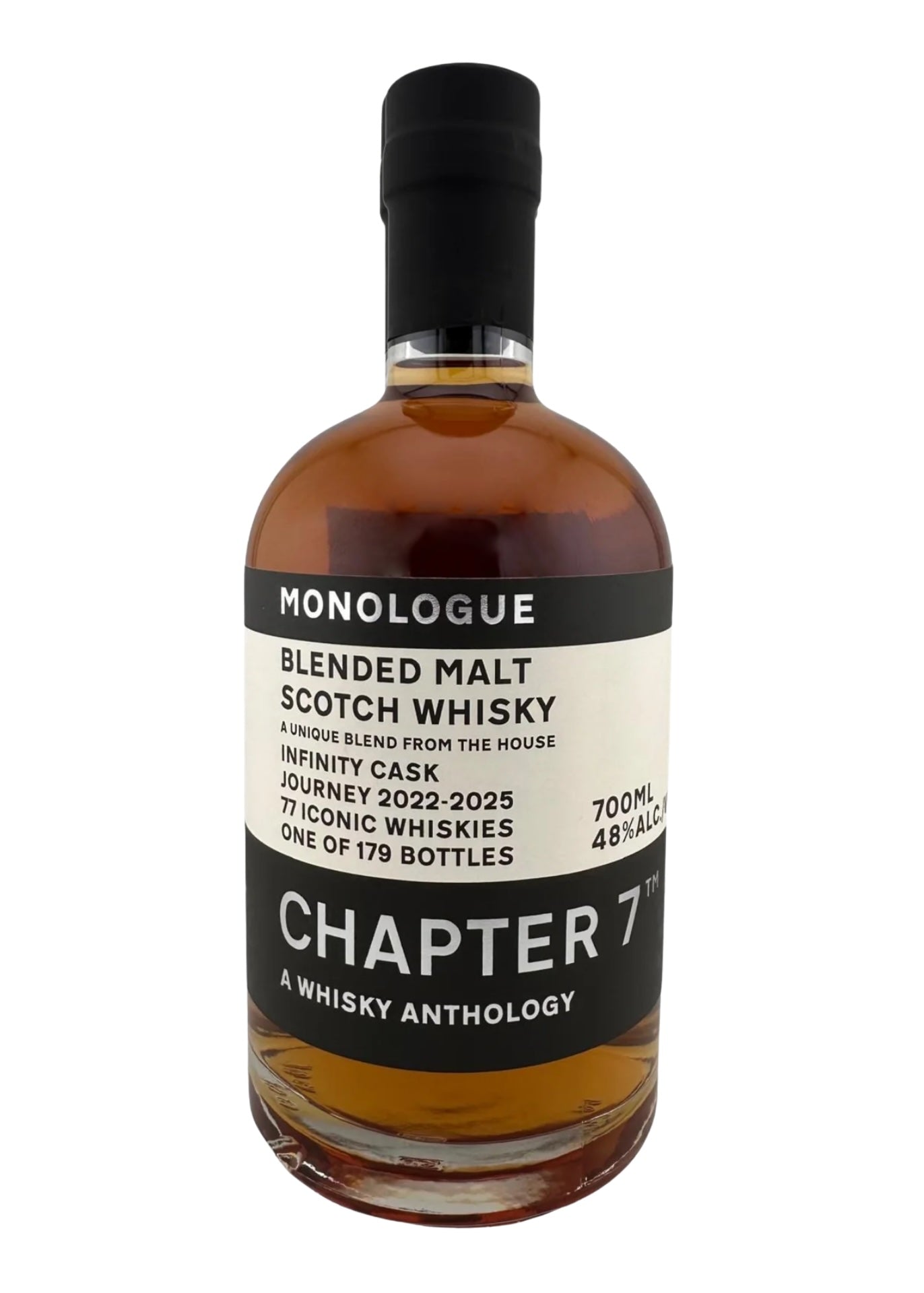

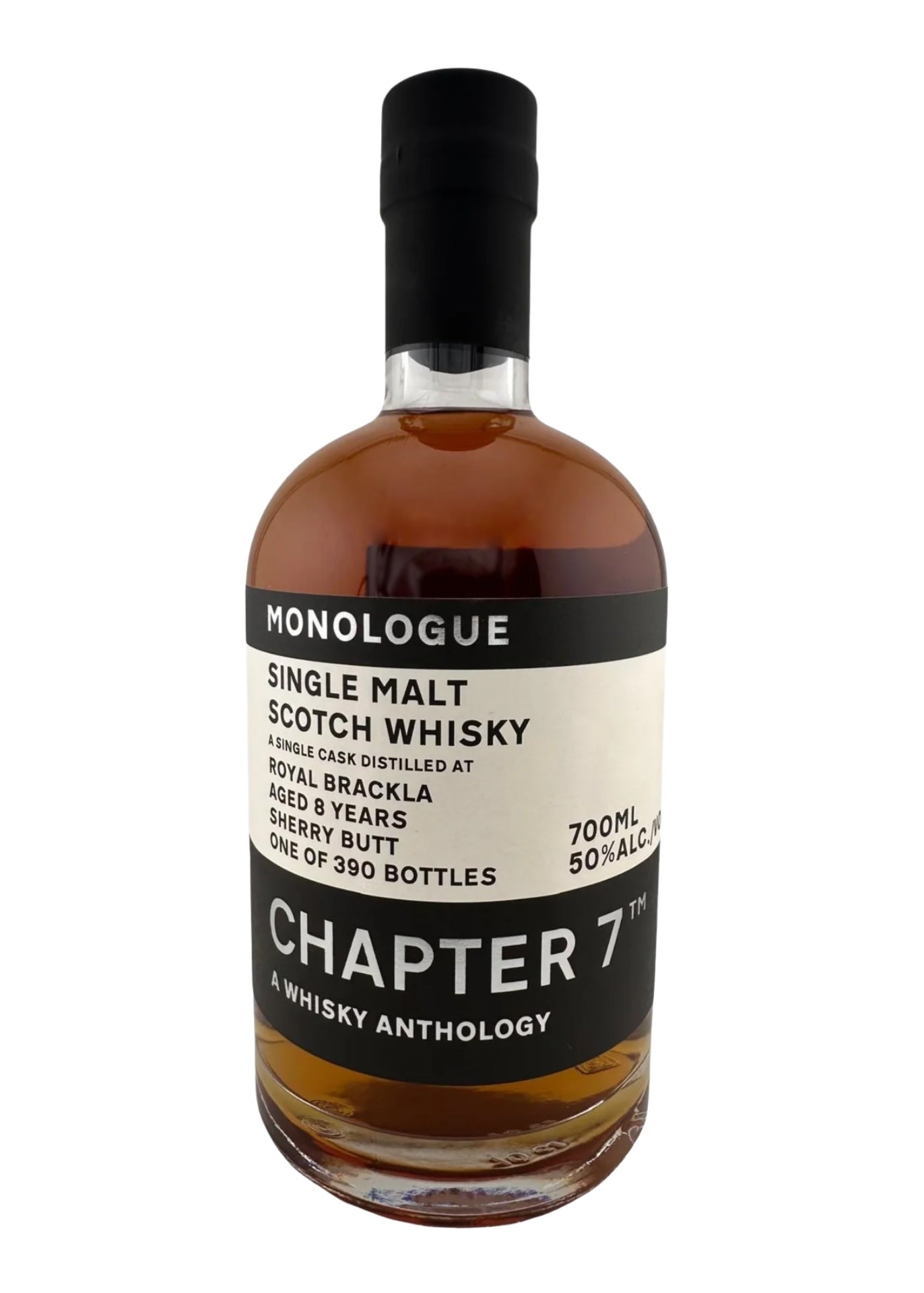



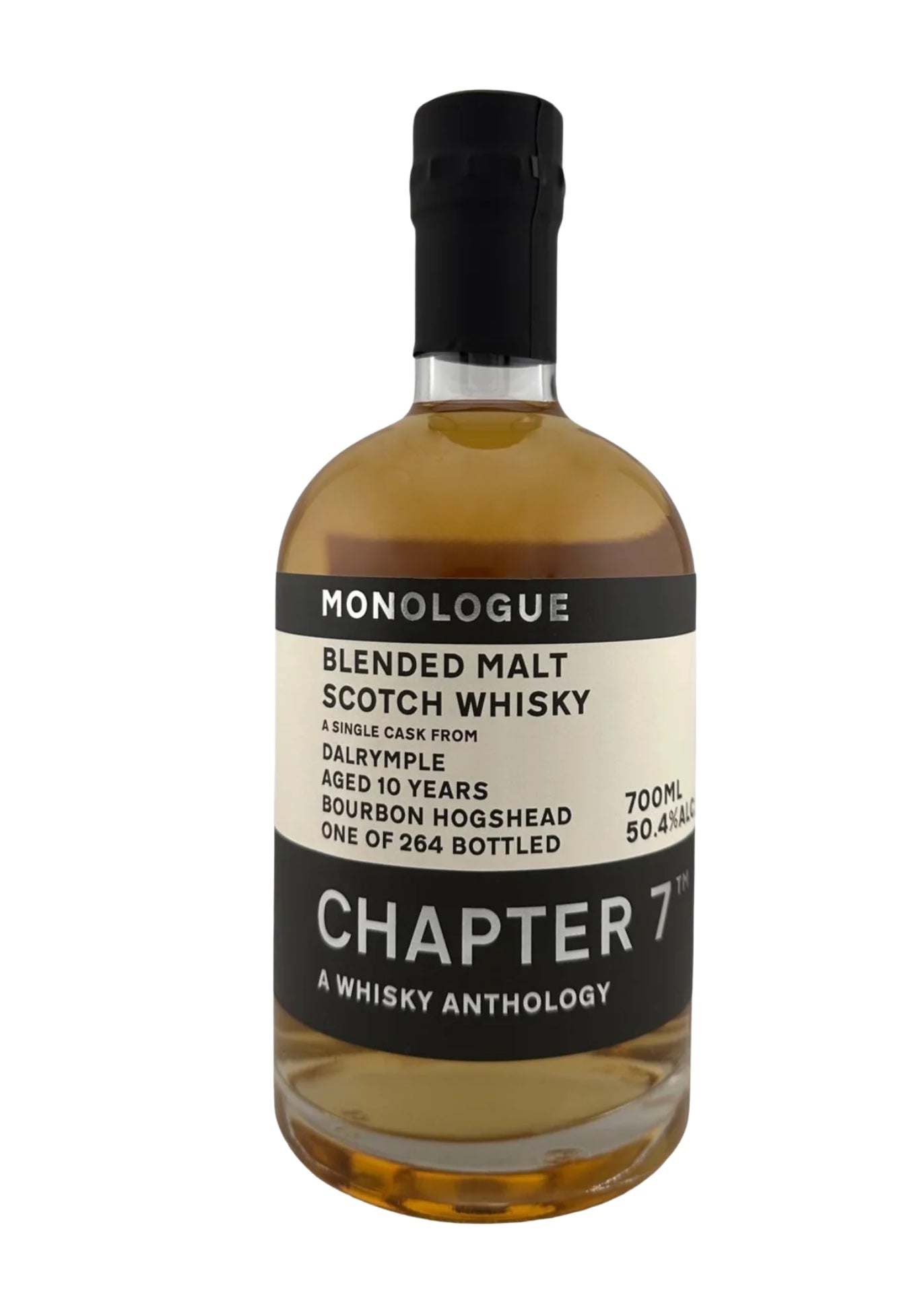
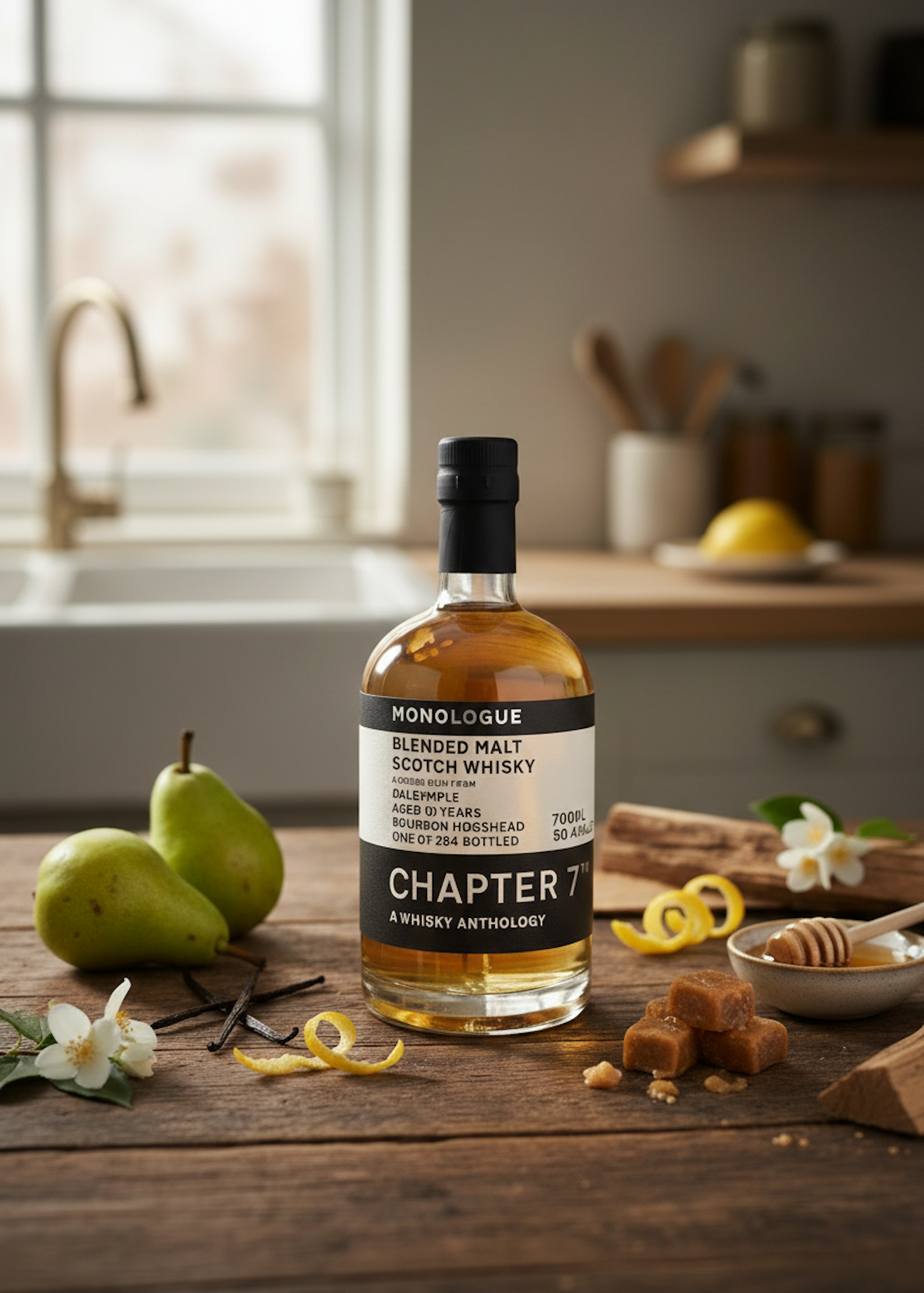
Leave a comment
This site is protected by hCaptcha and the hCaptcha Privacy Policy and Terms of Service apply.